6. Kagero-za (1981)
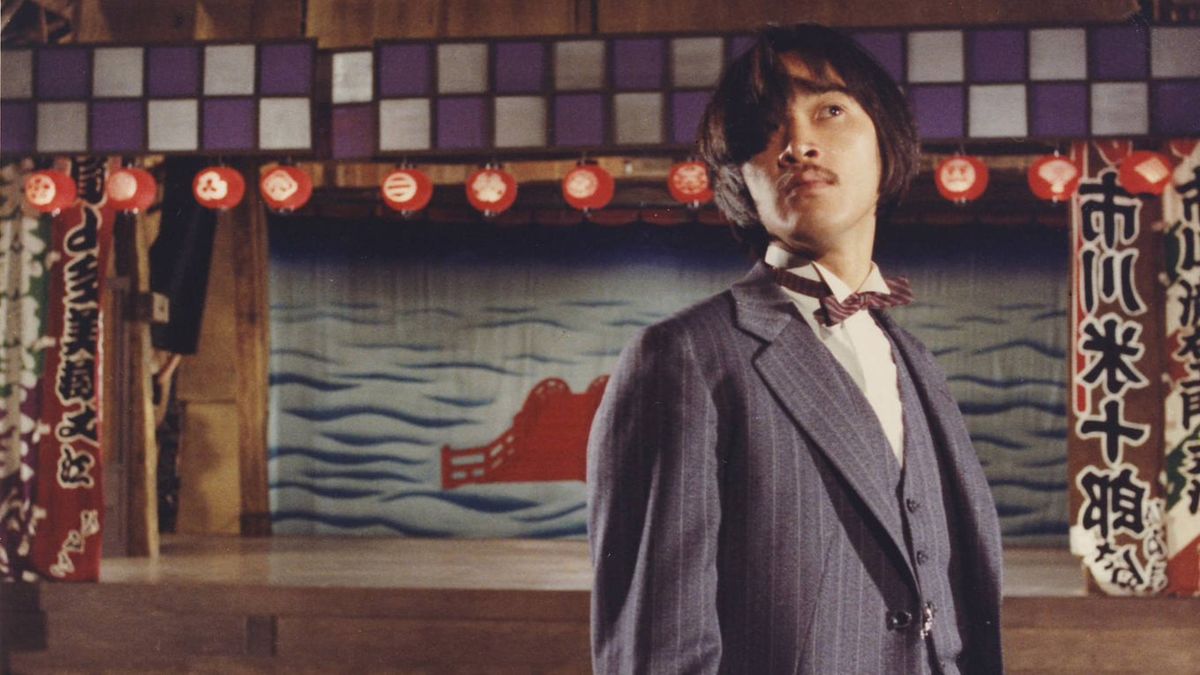
It’s hard to describe the plot of Kagero-za, a movie about a playwright, Shunko, who becomes drawn to two mysterious women. The plot is non-linear and disjointed and there isn’t really a clear cohesive narrative. This doesn’t mean Kagero-za is any less of a film, it’s quite the opposite even.
Seijun Suzuki’s follow-up to Zigeunerweisen is a mesmerizing surrealist-psychological drama even crazier than its predecessor. It contains tons of typical Suzuki trademarks, most prominently the stunning visual style. With plenty of masterpieces like Tokyo Drifter, Branded to Kill, Gate of Flesh, and Youth of the Beast, Suzuki is in the top of Japanese directors. His Taisho Roman trilogy, existing out of the mentioned Zigeunerweisen, Kagero-za, and Yumeji are underseen, but just as his other films, well worth your time.
7. Blind Beast (1969)
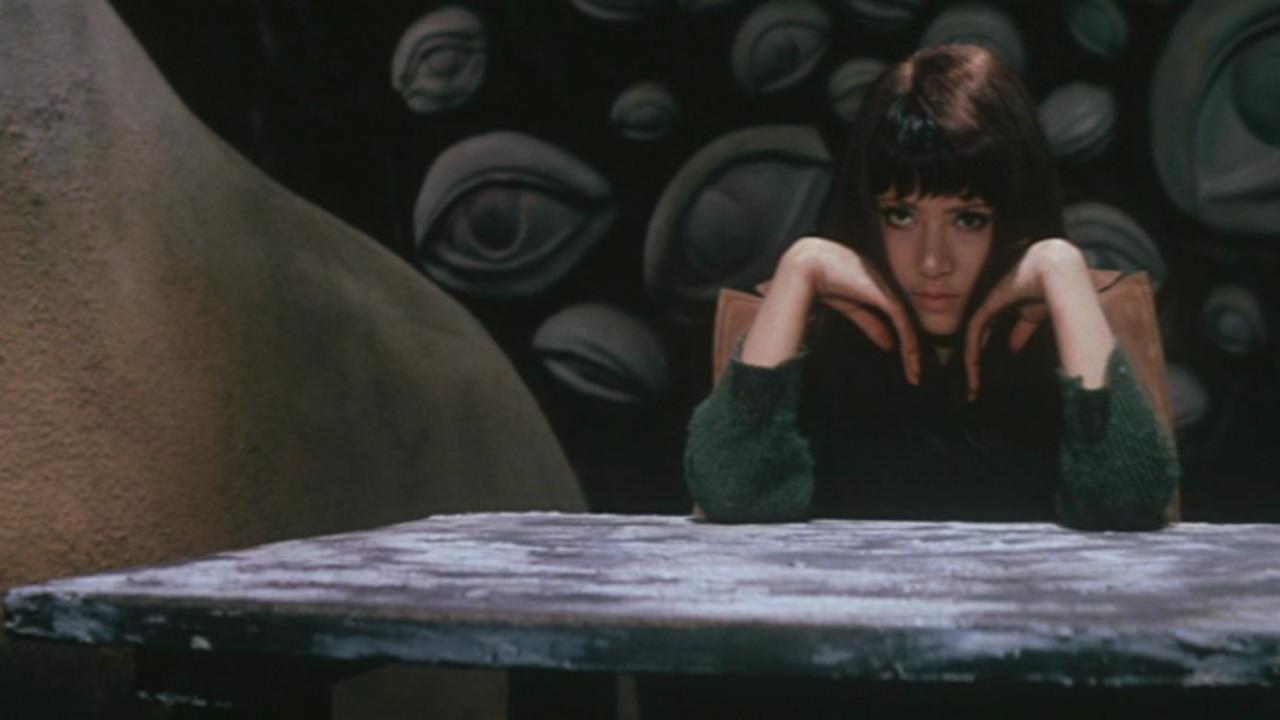
A blind sculptor kidnaps a young model and takes her back to his home where he lives with his mother. In his warehouse-like house the sculptor has a workplace that is filled with surreal, giant sculptures of body parts. He is obsessed with exploring senses and creating a perfect female body sculpture. The model desperately tries to escape out of his grip, while also slowly becoming fascinated with the sculptor’s bizarre obsessions.
Blind beast is freakish, obscene, and quite disturbing as many films of the films of the Japanese ‘Pinku’ genre. For some it might be a too disturbing watch, but the eccentricity and the fascinating, symbolic art-design are well worth to give it a try. It’s a unique experience that not many films can deliver on, so if you get the chance definitely check it out.
8. We Are Little Zombies (2019)
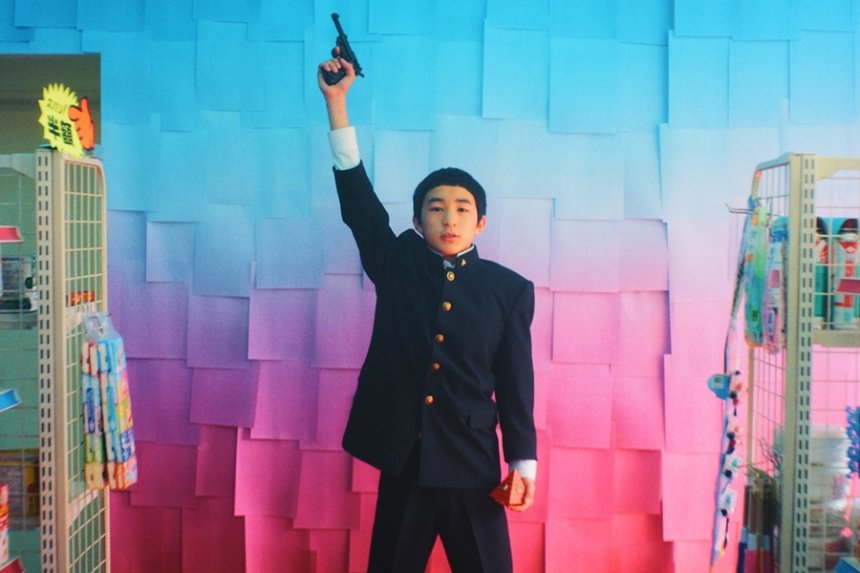
Four orphans meet at a crematorium where all of their parents are being cremated, followed by their funerals. The orphans soon bond over their shared experience and quickly decide to not be sad or angry, but instead form a kick-ass band. What follows is a journey into music-making, the rise to fame, and their dealings with all of the change occurring in their lives.
An introduction that first sounds like something melodramatic, but immediately when you start watching you’ll know it’s nothing like that. It’s fast, it’s insane, and above all’ it’s incredibly funny. Makoto Nagahisa first sparked the public’s interest with his 2017 short ‘And So We Put Goldfish in the Pool.’ An incredible debut, immediately showing such an auteur style of filmmaking. With We Are Little Zombies Nagahisa proved this wasn’t a fluke, but a unique vision that works and is undeniably his. The visuals, the editing, and of course the music, make We Are Little Zombies one of the most refreshing films coming out of 2019.
9. Love & Pop (1998)
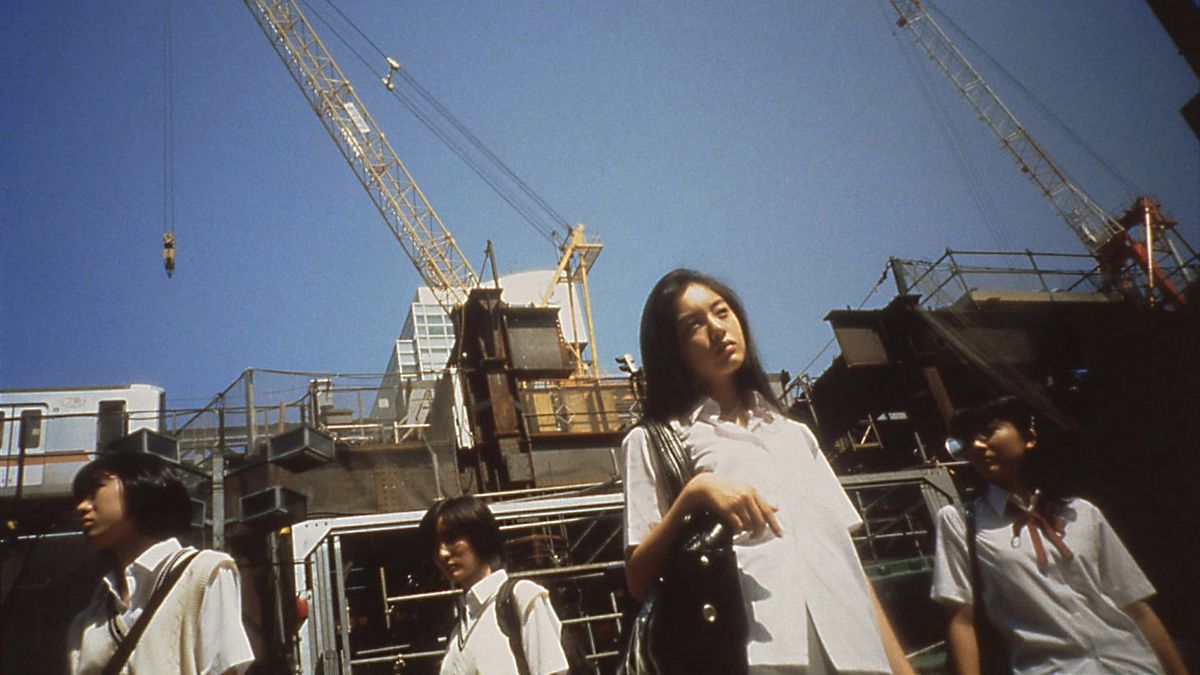
Another youth drama entering the list, this time from the hands of the incredibly talented Hideaki Anno. Anno is of course most well-known for his Evangelion series and most recently his rendition of Godzilla: Shin Godzilla, but Love & Pop could as well be up there with his best work.
The film follows four high school girls who engage in compensated dating; meaning getting payed by older men to spend time with them. One of the girls, Hiromi, goes deeper into this world and makes questionable decisions, soon being in over her head.
Like many of these Japanese youth dramas, Love & Pop touches on themes like friendships and self-value. It takes a deep dive in issues in modern day Japan, regarding these themes. What makes Love & Pop stand out is, similar to We Are Little Zombies, the visual style, especially regarding the experimental cinematography and editing. The style manages to put the viewer closer towards the protagonists, which makes the message all the clearer.
10. Female Prisoner Scorpion: Jailhouse 41 (1972)
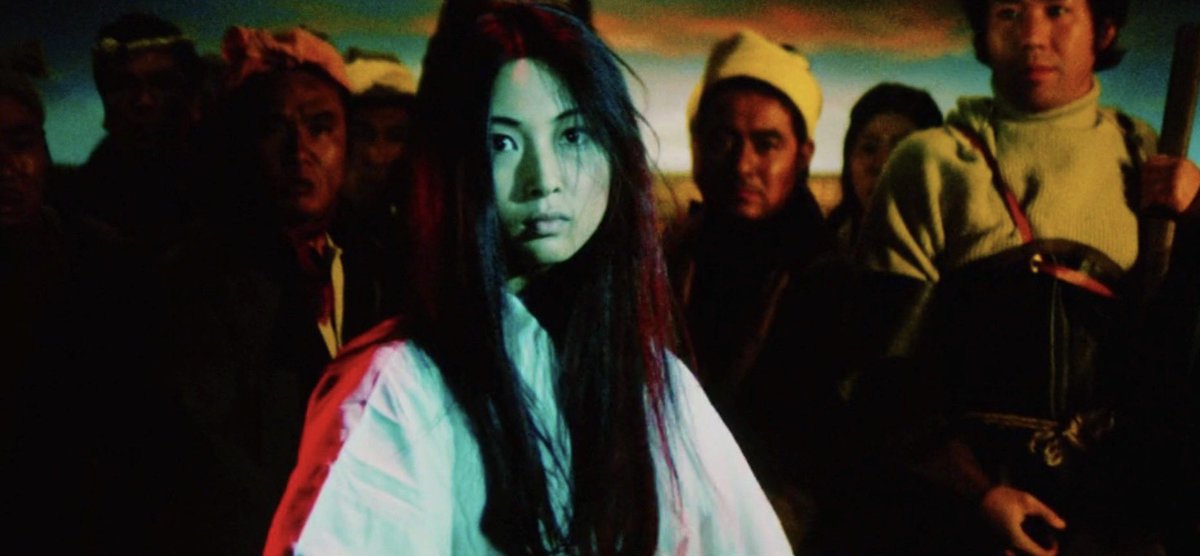
Matsu is back! The woman known as Scorpion is locked away in prison after disrupting order and disfiguring the warden in the first film. She doesn’t use her time to sit around though, as on a one-day reprieve she attacks the warden again. What follows is brutal punishments and humiliation, but not for long, as she soon sees the opportunity to escape along with six other female prisoners.
The ‘scorpion’ films, especially the original trilogy by Shunya Ito are some of the best experimental films coming out of Japan. It’s a real shame they’re so underseen. While they’re all underseen the choice to put the second installment on this list is intentional. The first one obviously is seen the most, but this being on par with it, and the third one as well, is such an impressive feat. In all three movies, Meiko Kaji (the actress portraying Matsu, most known for her portrayal as Lady Snowblood) is so brilliant without barely saying one word. Her performance alone could be reason enough for recommending this, but Ito’s vision and incredible directional and visual choices make it a must see for every fan of Japanese cinema.